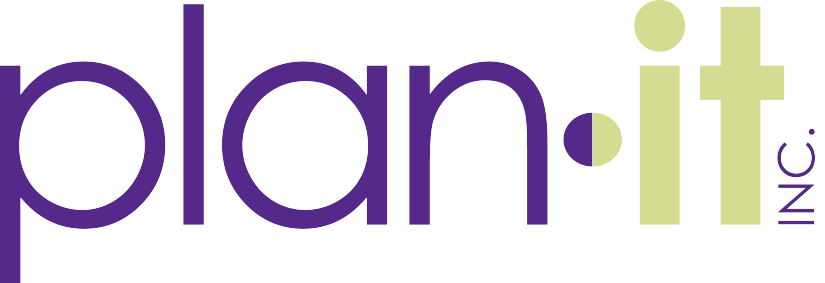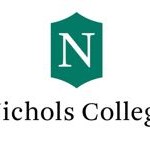Five Types of Qualitative Techniques
Qualitative research is a critical methodology we use in marketing research to explore the mindsets and attitudes of your audience. It helps us as researchers dive deeper into what consumers are thinking, how they respond to certain ideas or messages and what drives their decision-making. Here are some of our commonly used Qualitative techniques:
1. Focus Groups
A focus group is typically a group of 6-8 respondents who are recruited to represent a specific audience of the client’s target market. An example of this may be “students applying to Master’s programs”, “moms with children ages 5-11”, or “self-directed investors who actively trade”. At Plan-it, we frequently use focus groups because they are an extremely useful tool for eliciting free and unrestricted responses. In a group dynamic, respondents can react to and build off of each other’s ideas. By encouraging respondents to share their thoughts with one another, they are motivated to more clearly explain their thinking and respond creatively. Focus groups are particularly effective for exploratory purposes.
useful tool for eliciting free and unrestricted responses. In a group dynamic, respondents can react to and build off of each other’s ideas. By encouraging respondents to share their thoughts with one another, they are motivated to more clearly explain their thinking and respond creatively. Focus groups are particularly effective for exploratory purposes.
2. Triads/ Quads
Triads and Quads are very similar to a focus group, with the key difference being, the smaller group size of 3 or 4 respondents, respectively, rather than 6-8. They share similar benefits to focus groups as they also encourage group discussion, but are more effective for more sensitive topics or when the objectives of the study are more evaluative in nature, such as responding to a specific concept. The small group dynamic limits the amount of “group think” and encourages respondents to share individual opinions.
3. IDI (In-Depth Interviews)

An IDI is a one-on-one interview that can be conducted in person or over the phone. The one-on-one interaction offers the ability to conduct in-depth probing to further understand how an individual respondent is reacting to specific concepts or messaging. This technique is most effective when testing highly sensitive topics where people may be uncomfortable sharing their opinion in a group setting, or for evaluating advertising/creative or product concepts to ensure you are gaining an accurate read on reactions to a concept with no “group think”. One-on-one in-depth interviews also allow us to attain a larger geographic representation.
4. Shop-Alongs
Shop-alongs are highly effective for evaluating reactions to a product in-store, merchandising, or a store overall. By  observing firsthand consumers’ shopping habits, we are able to understand how a shopper perceives a certain environment and the triggers to purchase. This technique is particularly effective if done in an “ethnographic” way (e.g. observing shopping behaviors) followed directly by interviewing techniques. It can also be used to create ethnographies of shoppers. Plan-it has conducted shop-alongs for numerous clients including Stop & Shop, Radio Shack, and Wild Harvest.
observing firsthand consumers’ shopping habits, we are able to understand how a shopper perceives a certain environment and the triggers to purchase. This technique is particularly effective if done in an “ethnographic” way (e.g. observing shopping behaviors) followed directly by interviewing techniques. It can also be used to create ethnographies of shoppers. Plan-it has conducted shop-alongs for numerous clients including Stop & Shop, Radio Shack, and Wild Harvest.
5. Secret Shopper
A secret shopper is an interviewer who poses as a shopper, customer, or potential customer of a retail business or financial firm to evaluate the service or buying experience. This allows the business to understand how well it’s performing with it is customers. Specifically, Plan-it has used it to evaluate in-depth, in a real world setting, the sales approach, customer service experience, check out and other in-store interactions.
financial firm to evaluate the service or buying experience. This allows the business to understand how well it’s performing with it is customers. Specifically, Plan-it has used it to evaluate in-depth, in a real world setting, the sales approach, customer service experience, check out and other in-store interactions.
Contact us today to find out which Qualitative method could help improve your business.









